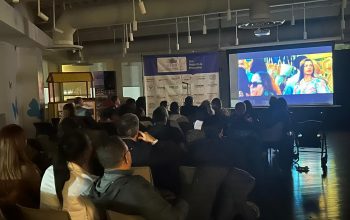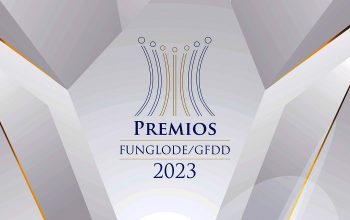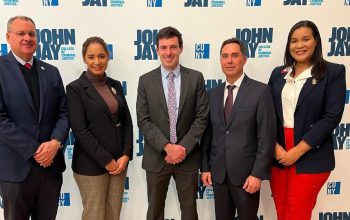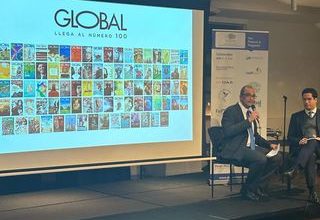news
UN Official Discusses Reform Measures during GFDD’s Global Roundtable
March 15, 2013
The March edition of the Global Foundation for Democracy and Development’s online broadcast program, “Global Roundtable” featured a discussion with Ion Botnaru, Director of General Assembly and Economic and Social Council Affairs Division, Department for General Assembly and Conference Management.
It is generally understood that the United Nations is an international forum within which representatives of Member
States and other groups meet to deliberate on the major questions facing the world today and to propose answers to those questions. But how is the UN work actually organized, what are the requirements for the UN meeting to come to a successful solution, has the UN evolved over time, how is the voice of civil society heard? These and other questions were posed and intensely discussed during the session with Ion Botnaru.
One of the safeguards for intergovernmental negotiation to proceed successfully is the General Assembly and ECOSOC Affairs Division. First, the staff members are the “conference management brain trust” of the Secretariat, or, in other words, the institutional
memory on the rules of procedure and best practices of the General Assembly, Committees and ECOSOC. They serve as safekeepers of all information on the work of those bodies past and present, as UN meetings cannot be repetitive, nor inconsistent. Second, the staff members of the Division function as “gentle but authoritative guides before, during and after meetings to ensure that everything moves along smoothly and carefully.” They research, plan, arrange, advise, serve
and more, with the General Assembly and Member States being their priority clients.
When asked how he sees the evolvement of the UN and what is his opinion on the reform of the organization, Mr. Botnaru noted that as a Director of the reform movement himself, he is in favor of it. Over time, as the United Nations has grown from a council forum to an intergovernmental body, it now seeks to conduct a high-level political reform of its main bodies with a possible extension
of the General Assembly regular meeting to April or May.
In regards to the interaction between the UN and NGOs, Mr. Botnaru asserted that even though NGOs cannot participate in the General Assembly directly, they are intensely involved in the UN through the thematic debates and round tables. In addition, it is mandatory for the Secreteriat to brief NGOs on all UN meetings, resolutions and actions. This came into effect after the 60th session of the General
Assembly, by the initiative of Member States.
Mr. Botnaru concluded the session with his opinion on recent developments in the UN, particularly the PaperSmart model, launched by his Department as a pilot project. In essence, it aims to service delegates with the varied methods of accessing documentation, while making efficient use of information technology resources and by avoiding paper waste. The pilot project has been
successful to an extent that now the Department for General Assembly and Conference Management is requesting the Secretariat to proceed with its further implementation throughout the UN system.





